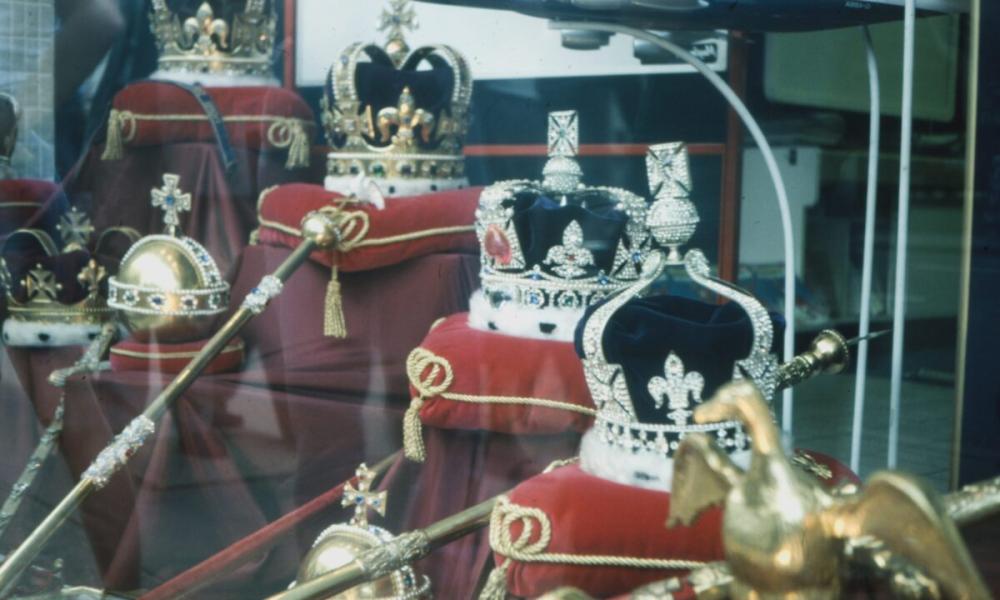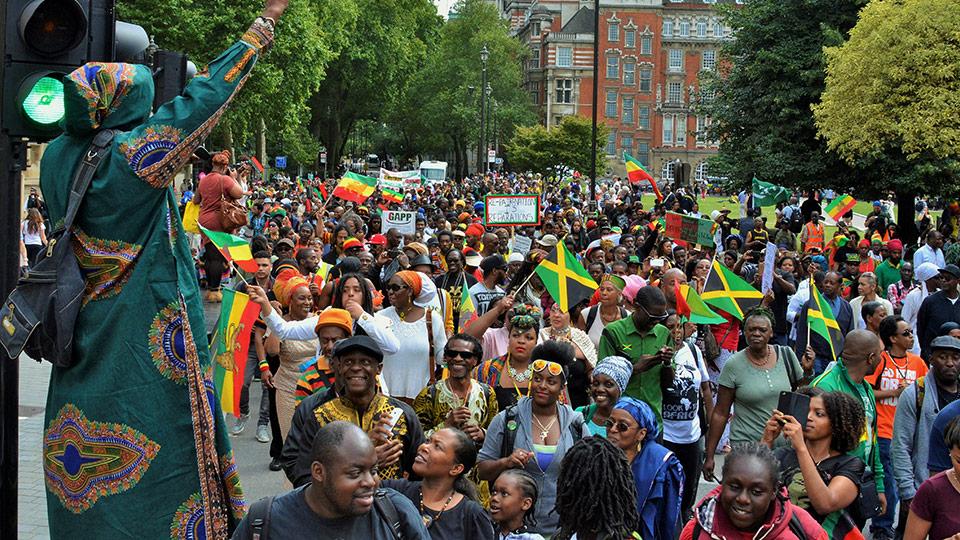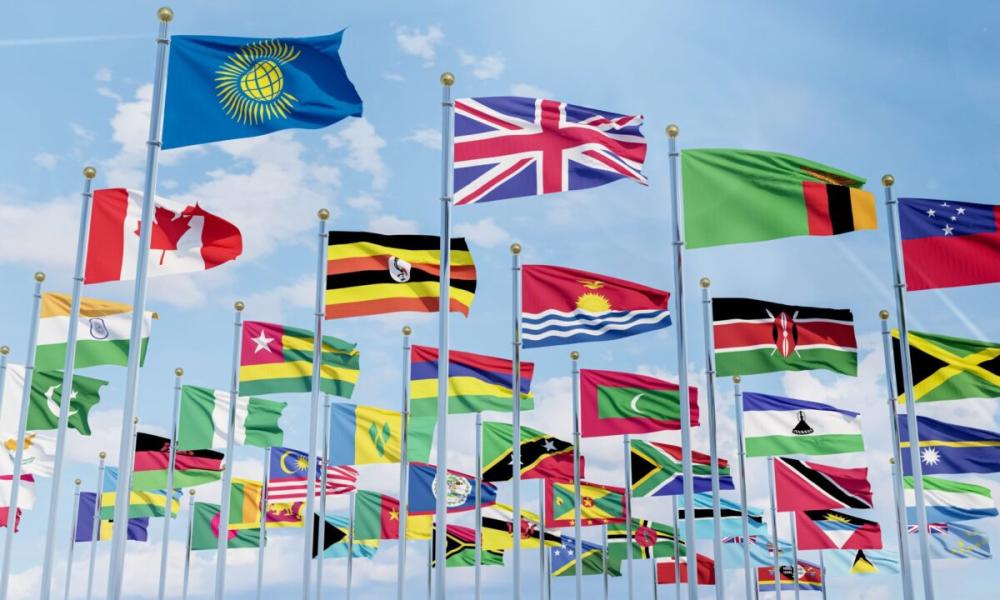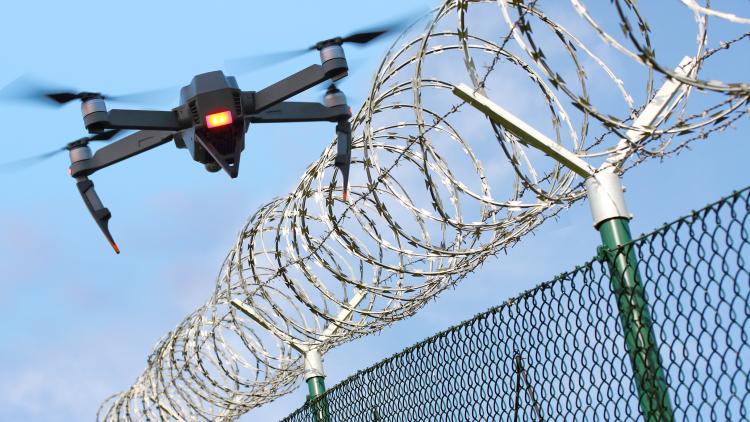The Commonwealth under King Charles III
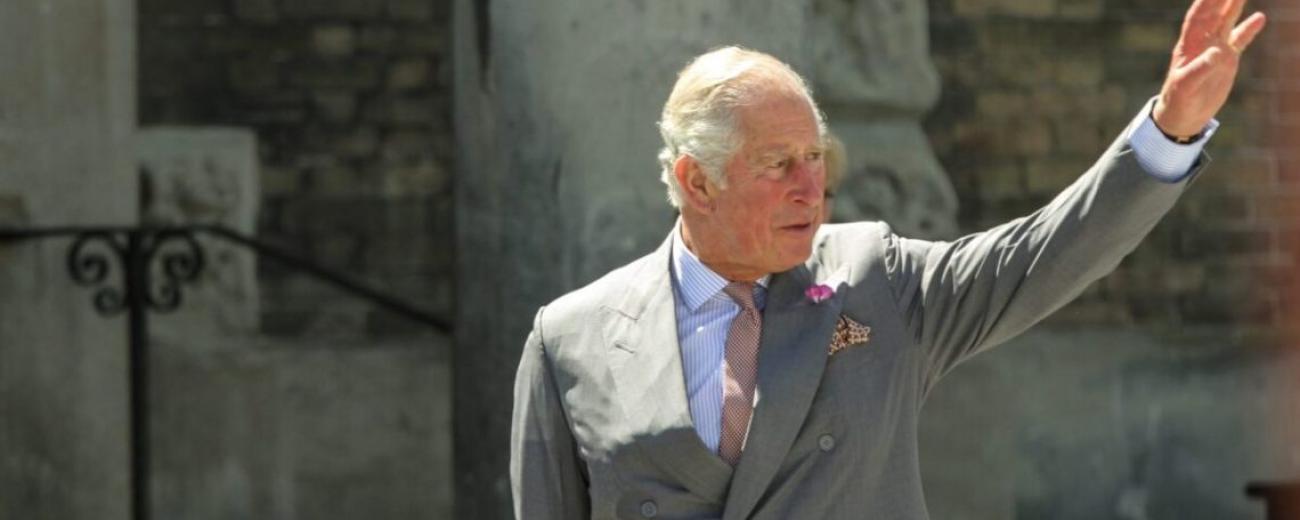

King Charles III ascends the throne of the British monarchy at a particular moment in global and national history. In the United Kingdom, the cost-of-living crisis will deepen already dire wealth disparities in the country. A new conservative government led by Liz Truss will, by all indications, push through a socio-economic and political programme that is unlikely to build cohesion in an already divided country but may widen the schism. Globally, the picture is equally complex. In King Charles III message to the world on his mother’s passing, he noted that this loss would be felt across “the realms” and the Commonwealth. These are terms that denote a community of states bound together by the British empire and colonialism as its enabler. As King Charles III takes over a role that elicits diverse views in Britain between those who question its importance and those who value its symbolism, there is a global conversation about Britain’s relationship with its former colonies. For King Charles III, his incoming role as the head of the Commonwealth comes into sharp focus and herein lies the enduring legacies of colonialism.
Reparations and Colonial Legacies
On 23 August 2022, a case was brought by two Kenyan communities before the European Court of Human Rights against the British government. The relief sought in the case is an apology and financial reparation for violent land evictions and dispossession between 1895-1963. The Talai and Kipsigis case I reference above is not the first strategic litigation case against the British government for actions during the colonial era. The Mau Mau case led by Leigh Day that resulted in a 19.9 million pounds compensation to over 5000 claimants was the first case pursuing accountability to Kenyans who fought for freedom with territory as a central part of that claim. The Kenyan examples above are not isolated and neither are debates and demands for reparations new. Reparation discussions have been part and parcel of liberation movements, anti-colonial, anti-imperialist, and Pan-Africanist movements in post flag independence countries across the Caribbean, North America, and Latin America since the 1930s.
Momentum on reparations has re-emerged from the Caribbean. The CARICOM reparations committee has developed a ten-point action plan that includes a formal apology, indigenous people development programme, repatriation, African knowledge programme and debt cancellation among others. The next in line to the throne Prince William encountered demands to acknowledge and offer reparations for slavery and the impact of settler colonialism during an official trip to Jamaica in March 2022. In August 2022, a global conference on reparations and healing justice was convened in Accra to develop among other things a transcontinental plan for reparations. In addition, across territories where the Queen remains the head of state, there have been demands to remove her thus severing this last visible connection to the British colonial era. In November 2021, Barbados, under the leadership of Mia Motley, removed Queen Elizabeth II as its head of state. The Queen, now King Charles III, remains King of fourteen “realms” such as Canada, Australia, Papua New Guinea, and New Zealand, among others. The Prime Minister of Antigua and Barbuda recently declared the intention to hold a referendum to move towards a republic in three years. I expect similar moves from Black majority countries in the next years.
The Future of the Commonwealth
More critically, there are major debates amongst nationals in countries that belong to the Commonwealth about the meaning and value of this grouping. In Kenya, these debates are often animated around the harm caused by the presence of the British Army Training Unit in Kenya. These harms range from unresolved murders, racialised incidences as well as children that are likely to have emerged from rape. Additionally, the debates about returning knowledge and ancestral symbols, in the form of artifacts and material stolen during the colonial era, has served as another avenue through which the very essence of the Commonwealth is contested and, in effect, being re-written.
Consequently, beyond what has been described as a forthcoming winter of discontent in Britain, a global season of discontent has been afoot, particularly where the British empire, imperialism and its enduring legacies are concerned. There is a moment of opportunity to resolve what his predecessor failed to do decisively. King Charles III can make amends for the enduring negative colonial legacies that result from building an empire on which “the sun never sets”. The empire and the Commonwealth club, that serves as a reminder of that past, was built on the blood and tears of communities who did not choose to be part of a project that is inherently about amassing power. The CARICOM action plan is a good place to start mapping a comprehensive response. Secondly, there is a broader conversation about the value and role of the Commonwealth. King Charles III has hinted at his interest in bringing the margins to the centre, perhaps part of that task is revisiting the essence of the Commonwealth as a group in a world in which debates about power and inequality have become more urgent due to the COVID-19 pandemic combined with the continued reckoning with racial inequalities.
About the author
Dr Awino Okech is an Associate Professor in Political Sociology and Associate Director of Equity and Accountability at SOAS University of London.
